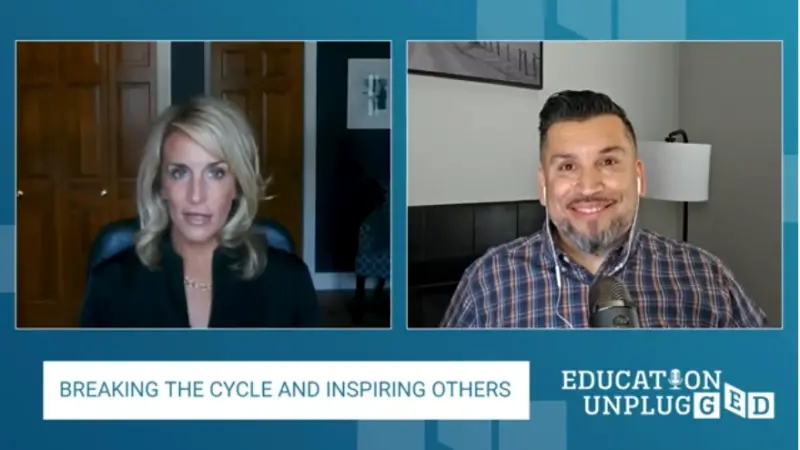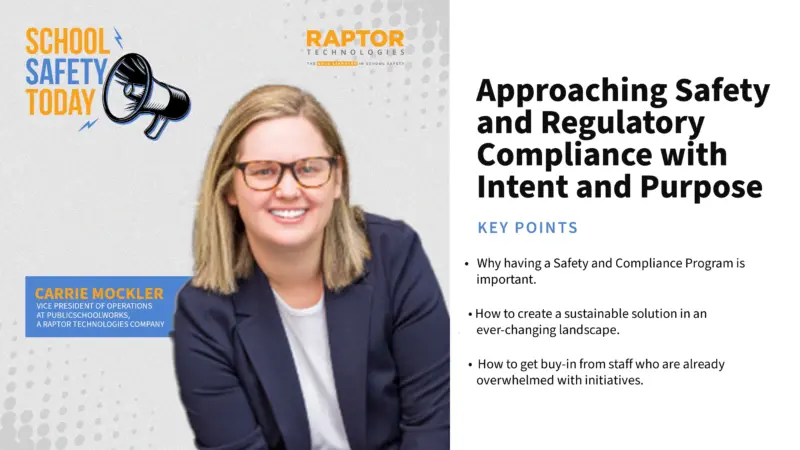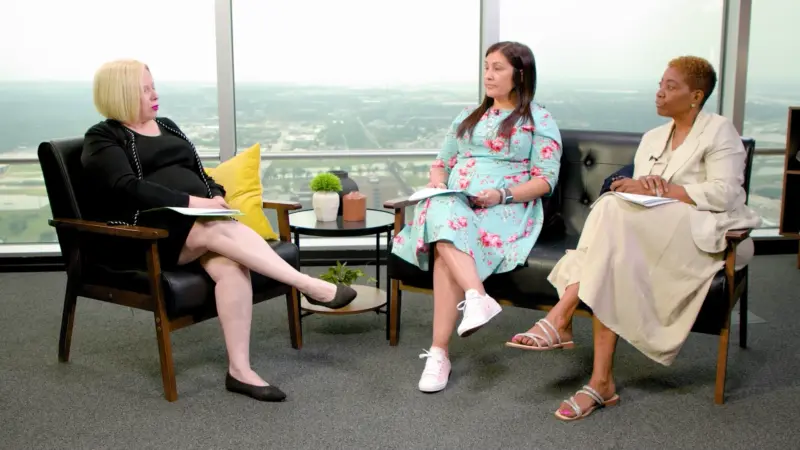The Future of Education: What is Modern Pedagogy and What Does it Mean?
Education expands and transforms when new ideas, methods, and practices occur in the classroom. Modern pedagogy incorporates strategies to enhance the overall education experience. Blended/ hybrid learning are two key elements that have recently contributed developing new pedagogy. With so much transformation in the education space, it can take time to see a clear picture of modern pedagogy and what it means, especially for school districts with limited resources and availability to implement change.
Michael B. Horn of the Future of Education podcast looks for the disruptors, those education leaders who incorporate the latest innovations in education to lead this modern pedagogy movement. He found one in Ann Chavez, Co-Founder & CEO of Modern Teacher, who believes change is possible for every school district.
Ann Chavez is an education veteran with over twenty years of teaching before co-founding Modern Teacher. Chavez received her Doctor of Education in educational leadership from The University of Southern California. As CEO of Modern Teacher, Chavez helps school districts transition from the traditional classroom to modern learning environments.
“Change readiness and setting conditions for change are pieces that sometimes we just don’t stop and breath and take the time to do,” Chavez said. “That’s one of the pieces that’s built into our process. And so, our framework is built around six drivers of our work, which are very familiar to every school system, and seven stages. And it’s embedded with change management and common-sense leadership.”
Horn and Chavez also discuss…
•The technology driving systemic education systemic
•How the Modern Teacher framework helps districts focus and organize their teams to be more effective
•The importance of concentrating pedagogy at the classroom leve
“There’s magic happening in classrooms all over the country, but we’ve got to do that at scale,” Chavez said. “Because it’s got to be for all kids. And it can’t be all people dependent. And you know the culture of an organization, if it is a growth mindset, learning organization, forward-thinking, the feeling of that. And some people have never experienced that in their entire career as a leader or a teacher. So, how they get there, it takes a lot of little, intentional steps.”



